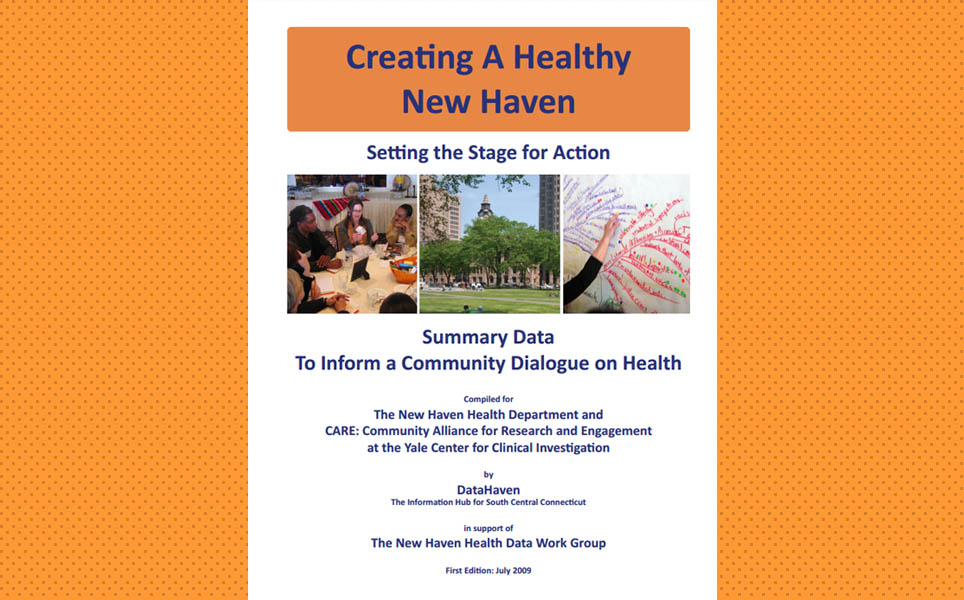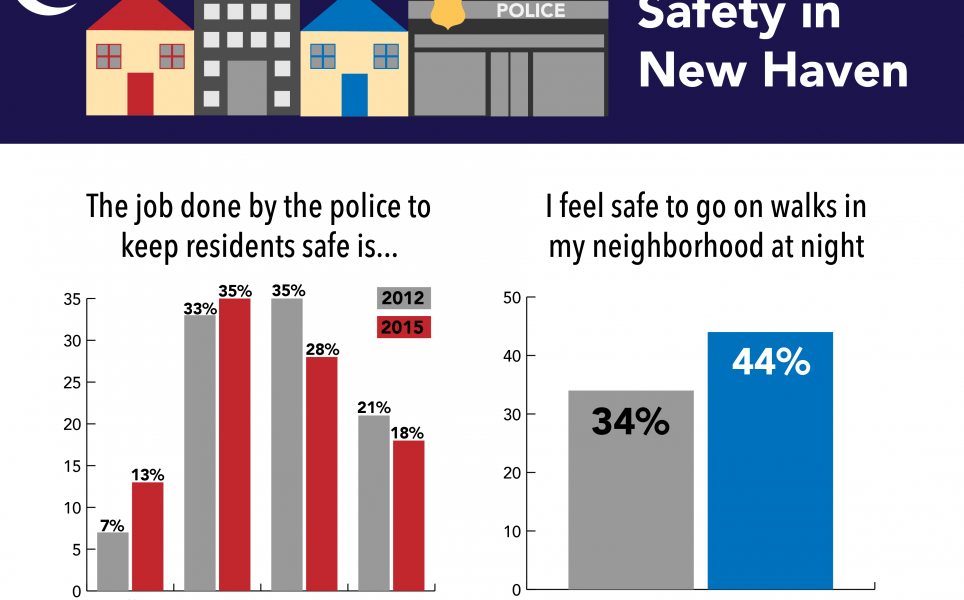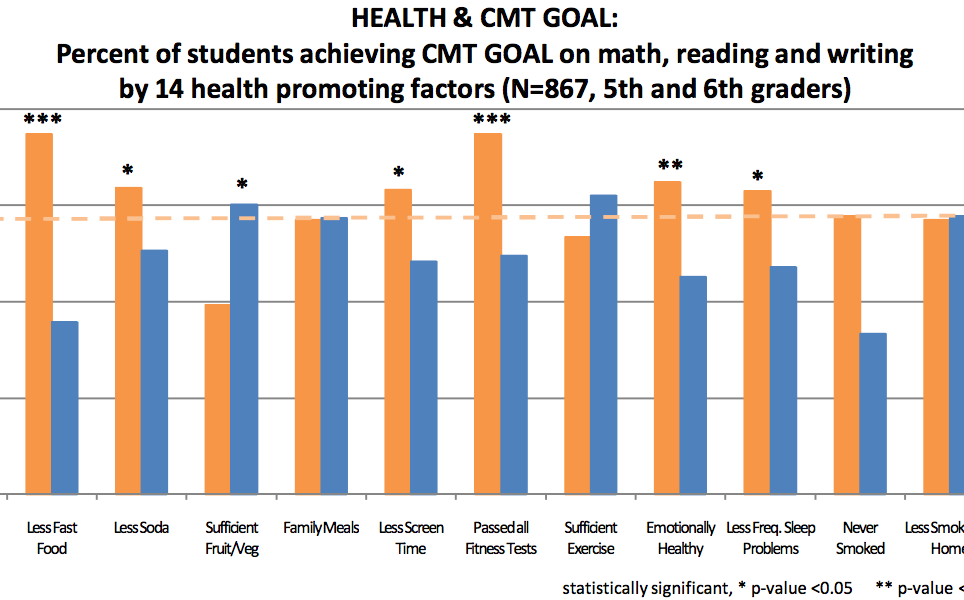Authored By
DataHaven
Date
July 07, 2009
Partners
New Haven Health Department, Yale CARE
The health trends that are profiled in this document, some positive and some negative, are intended to set the stage for local action aimed at addressing the social determinants of health and at reducing health inequities. They can be used to inform policy, inspire community involvement, and bring more resources to bear on local health improvements.
With these goals, the New Haven Health Department set out to: 1) Better understand the factors contributing to inequities in health outcomes by race, ethnicity and socio-economic status; and 2) Advocate new ways for the civic sector to work together to implement programs that improve community health.
Our approach to this work was guided in part by an effort by the Robert Wood Johnson Clinical Scholars Program at the Yale School of Medicine to understand community leaders’ perceptions of health issues, including how best to present and share data within the community. The Scholars found that New Haven’s community leaders agreed that:
- Social conditions affect health and that education and economic status are the most dominant factors impacting health;
- Data are important but have limitations in general usability by individuals and organizations;
- Involving the community in the early stages of data collection and dissemination will increase the trust and utility of the data for action;
- To increase the impact of data, dissemination needs to be multifaceted and targeted;
- Those collecting data within the community must be committed to reporting back to the community in a timely manner;
- The data must go beyond the numbers to include explanations and stories; and
- Efforts to collect data and develop related actions should be coordinated.











